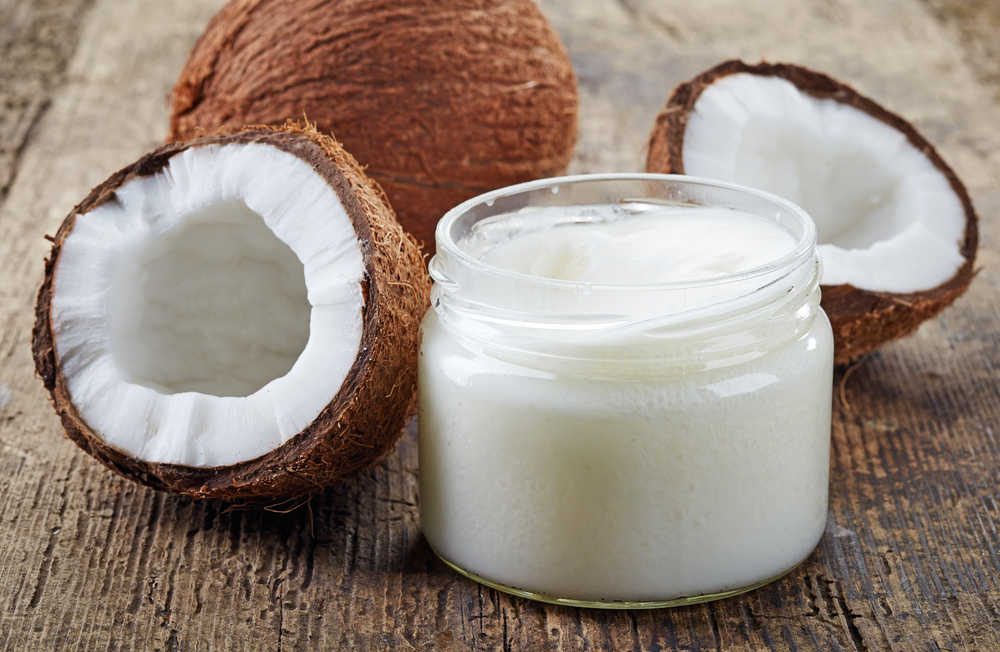The Versatile Powerhouse: Coconut Oil’s Global Impact
Coconut oil, a cornerstone of Southeast Asian culture, has been woven into the fabric of daily life for centuries. We uncover its historical significance, tracing the evolution from traditional uses to its role in modern health and cuisine across the region. Discover the ancient roots and contemporary benefits of coconut oil in Southeast Asia, a testament to its enduring legacy.
The story of coconut oil in Southeast Asia begins with its ancient roots, deeply entwined in the region’s traditions and way of life. Archaeological evidence suggests the use of coconuts and their oil in Southeast Asia dates back to over a thousand years.
Historical Significance in Southeast Asia
The story of coconut oil in Southeast Asia is a testament to its deep-rooted significance across centuries. This reflects its integral role in the region’s traditions, economy, and daily life. Archaeological findings propose the domestication of the coconut tree in the region thousands of years ago. In countries like the Philippines, Indonesia, and Malaysia, coconut oil has transcended its role as a mere culinary ingredient. It has become a vital element of traditional medicine, personal care, and religious ceremonies.
In the realms of traditional health practices, historical records and academic research highlight the use of coconut oil in Ayurvedic medicine, which was adopted and adapted in Southeast Asia. Its applications ranged from wound healing to hair and skin care, leveraging its cooling properties and antimicrobial agents. Furthermore, the coconut tree, often hailed as the “Tree of Life,” has seen every part of it utilised, making coconut oil a significant export product and a key driver in the regional economies.
Coconut Oil in Traditional Medicine and Wellness
Coconut oil application in treating a myriad of conditions—from skin ailments to digestive disturbances—highlights its versatility and the extensive knowledge passed down through generations.
Communities across Southeast Asia have utilised it as a natural remedy against infections, leveraging its ability to combat harmful microorganisms effectively. Moreover, its soothing properties make it an excellent salve for wounds and burns, promoting healing while minimising the risk of infection.
Coconut oil’s benefits also extend to mental health and wellbeing. Traditional practices include its use in massage therapy. It serves not only as a moisturiser, but also as a medium to relieve stress and promote relaxation. The calming effect of coconut oil massages exemplifies the holistic approach to wellness prevalent in Southeast Asian cultures.
Emerging scientific research supports these traditional applications, offering a bridge between ancient wisdom and modern science. Studies have begun to elucidate the mechanisms behind coconut oil’s health benefits, providing a scientific basis for its continued use in natural medicine.
The Health Implications of Coconut Oil in Southeast Asian Diets
In the Southeast Asian diet, coconut oil is not just valued for its culinary versatility but also for its health implications. Traditionally, communities have hailed it as a vital source of nourishment, attributing to it a range of beneficial properties that modern science is beginning to validate. The medium-chain triglycerides (MCTs) found in coconut oil, such as lauric acid, play a significant role in this nutritional profile. It offers unique health benefits distinct from other dietary fats.
MCTs in coconut oil are metabolised differently compared to longer-chain fatty acids found in other cooking oils. They are absorbed directly by the liver and converted into energy more efficiently. This can aid in weight management and energy levels. This process also implies a lesser likelihood of MCTs being stored as fat, making coconut oil a preferred option for a healthy diet.
Moreover, lauric acid, which constitutes about 50% of coconut oil’s fatty acid content, has been recognised for its antimicrobial and antifungal properties. These properties contribute to a strengthened immune system, as lauric acid can help combat various pathogens and bacteria. This aligns with traditional practices of using coconut oil not only cooking, but also as a natural medicine.
Recent studies have also explored coconut oil’s potential in improving cardiovascular health. Although high in saturated fats, its unique composition is thought to help in the regulation of cholesterol levels by increasing the HDL (good) cholesterol in the blood.
Reflecting on Coconut Oil’s Journey and Its Future
In retracing the journey of coconut oil from its ancient roots in Southeast Asian tradition to its contemporary status as a subject of global health discussions, we uncover a narrative rich in cultural heritage and scientific inquiry.
The enduring legacy of coconut oil within Southeast Asian societies—not only as a dietary staple but also as a medicinal remedy—highlights its intrinsic value beyond mere nutrition. As we navigate the evolving landscape of dietary science, the nuanced understanding of coconut oil’s health implications serves as a testament to the complexity of human nutrition and the need for a balanced approach to dietary fats. Coconut oil’s story, interwoven with centuries of tradition and modern research, continues to unfold, promising further insights into its role in a healthy, balanced diets.
References
- Harries, H. C. (1978, July). The evolution, dissemination and classification ofCocos nucifera L. The Botanical Review, 44(3), 265–319. https://doi.org/10.1007/bf02957852
- Dayrit, F. M. (2014, November 15). The Properties of Lauric Acid and Their Significance in Coconut Oil. Journal of the American Oil Chemists’ Society, 92(1), 1–15. https://doi.org/10.1007/s11746-014-2562-7
- Intahphuak, S., Khonsung, P., & Panthong, A. (2009, December 29). Anti-inflammatory, analgesic, and antipyretic activities of virgin coconut oil. Pharmaceutical Biology. https://doi.org/10.3109/13880200903062614
- Nevin, K., & Rajamohan, T. (2004, September 1). Beneficial effects of virgin coconut oil on lipid parameters and in vitro LDL oxidation. Clinical Biochemistry. https://doi.org/10.1016/j.clinbiochem.2004.04.010
- Eyres, L., Eyres, M. F., Chisholm, A., & Brown, R. C. (2016, March 5). Coconut oil consumption and cardiovascular risk factors in humans. Nutrition Reviews. https://doi.org/10.1093/nutrit/nuw002
- Tholstrup, T., Ehnholm, C., Jauhiainen, M., Petersen, M. K., Høy, C., Lund, P., & Sandström, B. (2004, April 1). Effects of medium-chain fatty acids and oleic acid on blood lipids, lipoproteins, glucose, insulin, and lipid transfer protein activities. The American Journal of Clinical Nutrition. https://doi.org/10.1093/ajcn/79.4.564













